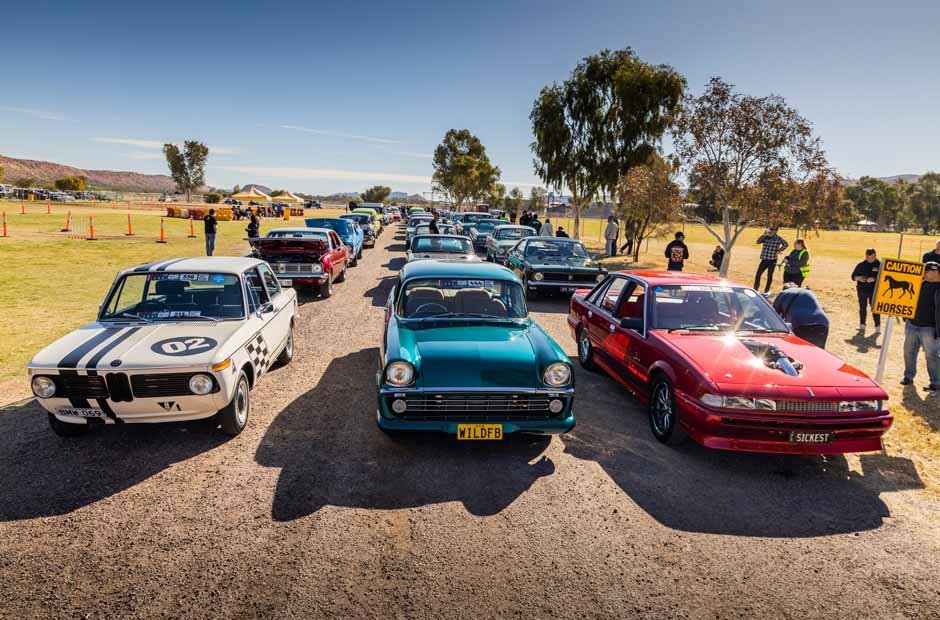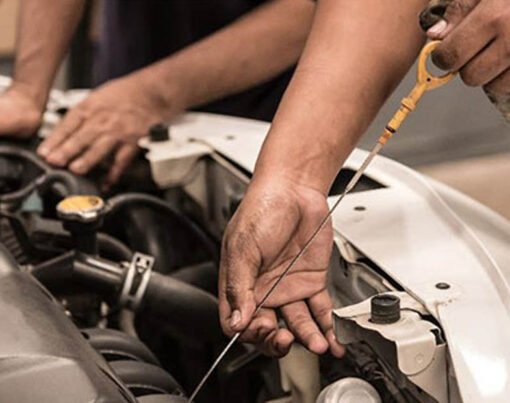The automobile industry stands at the forefront of transformation in the changing world of technology and innovation. Car enthusiasts and industry experts are constantly captivated by the tantalizing possibilities for the world of automobiles. From electric vehicles to self-driving cars, alternative fuels to radical design changes, the future of cars promises to be nothing short of extraordinary. Keep reading to learn more about the potential future of automobiles.
Table of Contents
Electric Revolution: Powering Ahead
One of the most significant shifts in recent years has been the popularity of electric vehicles (EVs). With rising concerns about climate change and fossil fuel depletion, the automotive industry has embraced electric power as the way forward.
The predictions of a future dominated by EVs seem to be coming true as major manufacturers have pledged to phase out internal combustion engines in favor of cleaner alternatives. Battery technology continues to evolve rapidly, with advancements in energy density and charging infrastructure.
Range anxiety, once a major concern for potential EV owners, gradually becomes a thing of the past as batteries become more efficient and charging stations are more ubiquitous. The combination of environmental consciousness, government incentives and technological progress drives the electric revolution, captivating the imagination of car lovers worldwide.
Connectivity Will Drive
This is another key aspect of the software-driven automotive future. The “connected car” concept is becoming a reality, with vehicles being integrated into larger networks and ecosystems. This connectivity enables real-time communication between vehicles, infrastructure and pedestrians, improving traffic management, optimizing routing and enhancing overall transportation efficiency. Moreover, connected cars can provide a wealth of data to be leveraged to develop new services such as predictive maintenance, location-based offer, and personalized in-car entertainment experiences.
Software is also transforming the way vehicles are powered. Electric vehicles (EVs) are becoming increasingly popular, and software plays a crucial role in managing battery efficiency, range optimization and charging infrastructure. As the automotive industry shifts toward electrification, software-driven innovations will continue to play a vital role in enhancing energy management and reducing the environmental impact of transportation.
Alternative Fuels: Beyond Gasoline
While electric power gains momentum, alternative fuels also undergo significant development. Hydrogen fuel cells, biofuels and synthetic fuels are all being explored as viable options to reduce carbon emissions and dependency on fossil fuels. Hydrogen fuel cell technology, in particular, promises zero-emission driving with rapid refueling times, making it an attractive contender for certain transportation applications.
Design and Materials: Sculpting the Future
The aesthetics of automobiles are poised for a transformative shift. As electric vehicles do away with traditional engine components, designers have newfound freedom to reimagine the layout and form of cars. Streamlined profiles, spacious interiors and innovative materials are becoming the hallmarks of future car designs.
Sustainable materials such as recycled plastics, organic fabrics, and mushroom-based composites are entering the automotive industry. As consumers demand environmentally conscious products, car manufacturers are exploring ways to create vehicles that are not only efficient but also eco-friendly in their production and end-of-life disposal.
The Software Will Move the Needle
The future of automobiles is set to be revolutionized by the transformative power of software. As technology advances at an unprecedented pace, software is emerging as the driving force that will reshape the automotive industry profoundly. From self-driving capabilities to enhanced connectivity, energy efficiency and personalized user experiences, the software is poised to move the needle and redefine what it means to travel in a vehicle.
One of the most significant developments in the automotive industry is the rapid progress of autonomous driving technology. Software algorithms powered by artificial intelligence and machine learning, enable vehicles to perceive their surroundings, make complex decisions and navigate safely without human intervention. This promises to enhance road safety, reduce accidents and increase transportation efficiency. As self-driving technology matures, we can expect to see a gradual shift from traditional human-driven vehicles to the future where autonomous vehicles will become the norm.
Entertainment: The Car as a Hub
The future of automobiles extends beyond the mechanical and environmental aspects. Increasingly, cars are becoming mobile hubs of connectivity and entertainment. With advanced infotainment systems, augmented reality displays and seamless integration with smart devices, the driving experience is evolving into a multisensory journey.
Imagine a car that can sync with your calendar, offer real-time traffic updates, recommend nearby restaurants and even adjust the interior ambiance based on your mood. The vehicle of the future is not just a means of transportation, it’s a personalized, interactive space that adapts to your preferences and needs. You can explore different kinds of vehicles on Rolls Auto Sales.
The Bottom Line
As car lovers eagerly anticipate the future of automobiles, it’s clear that the road ahead is full of thrilling possibilities. The automotive industry is undergoing a monumental transformation from electric powertrains and autonomous driving to innovative designs and smart connectivity.
While some predictions may sound like scenes from a sci-fi movie, the pace of technological advancement suggests that these speculations are close to becoming reality. As we look ahead to the coming years, one thing is certain: the world of automobiles will continue to captivate our imagination and redefine how we experience mobility. So, buckle up and prepare for an exciting ride into the future of cars.










